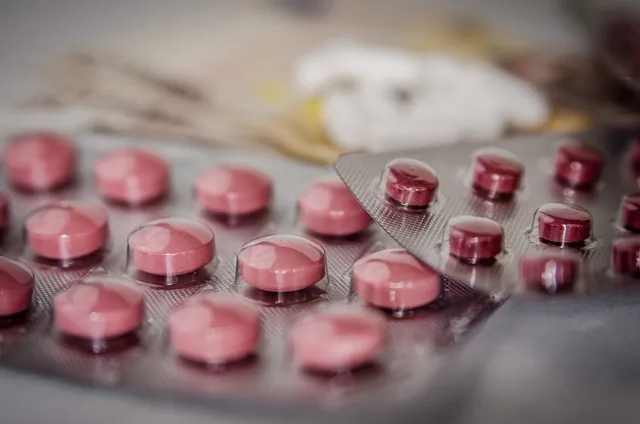Although drinking alcohol is a common social activity, it’s important to understand how long alcohol stays in your system.
For many reasons, including responsible drinking, knowing when it’s safe to operate a vehicle, and even for medical reasons, it’s important to know how long alcohol stays in your body.
The length of time alcohol stays in your system is examined in detail in this article, which also offers helpful advice on how to gauge when it’s safe to carry on with daily activities.
Factors Affecting Alcohol Metabolism
Several factors influence how long alcohol remains detectable in your system
Alcohol Content – The type of alcoholic beverage and its alcohol by volume (ABV) percentage determine how quickly your body processes alcohol.
Spirits with higher ABV will stay in your system longer than lower-ABV drinks like beer or wine.
Gender – Men generally metabolize alcohol more efficiently than women due to differences in body composition. Women tend to have a higher proportion of body fat, which leads to a slower alcohol metabolism.
Body Weight – Heavier individuals may process alcohol more swiftly than those with lower body weight. The alcohol distributes more evenly in their body, diluting its effects.
Age – As you age, your body’s metabolism naturally slows down, affecting alcohol processing. Older individuals may take longer to eliminate alcohol.
Food Intake – Consuming food while drinking can slow alcohol absorption and metabolism. Having a meal before or during drinking can help mitigate the effects and reduce the time alcohol stays in your system.
Hydration – Being adequately hydrated can help your body process alcohol more efficiently. Dehydration can prolong the presence of alcohol in your system.
Liver Function – A healthy liver is crucial for processing alcohol. If your liver is damaged or impaired, alcohol can stay in your system longer.
Genetics – Your genetic makeup plays a role in how efficiently your body metabolizes alcohol. Some individuals have genetic variants that affect alcohol metabolism.
Alcohol Metabolism and Elimination
The liver is primarily in charge of metabolizing alcohol.
Your liver works to convert alcohol you consume into acetaldehyde and ultimately acetic acid.
Acetic acid eventually breaks down into water and carbon dioxide, which the body expel through the urine and the breath.
One standard drink is typically processed per hour during this process, which runs at a fairly constant rate.
The average American beverage contains about 14 grams of pure alcohol, which is roughly equivalent to 12 ounces of beer, 5 ounces of wine, or 1 point 5 ounces of distilled spirits.
Estimating Alcohol Elimination Time
One hour per standard drink can be used as a general rule of thumb to determine how long alcohol will stay in your system.
For instance, it might take your body two hours to completely eliminate the alcohol from two standard drinks.
Remember that this is only a rough estimate and does not take into account any unique variations based on the previously mentioned factors.
It’s important to remember that alcohol can still affect your judgment and coordination after it has left your system.
Therefore, it is crucial to refrain from driving or performing any other tasks that call for total sobriety until you are completely sober.
Testing for Alcohol in Your System
If you need to be certain about the presence of alcohol in your system, several tests can be conducted:
Breathalyzer Test – This measures the concentration of alcohol in your breath, which correlates with your blood alcohol concentration (BAC).
Blood Test – A blood test directly measures your BAC and provides an accurate assessment of the alcohol in your system.
Urine Test – A urine test can detect alcohol metabolites and is often used in situations like probation monitoring.
Hair Test – A hair test can reveal long-term alcohol use but is not suitable for determining current intoxication.
Conclusion
Alcohol consumption type, quantity, gender, age, body mass index, and general health status all have an impact on how long it stays in your system.
While the one-hour per drink estimate offers a general benchmark, it’s important to keep in mind that alcohol’s effects sometimes linger after its detectable presence has passed.
To ensure your safety and the safety of others, you must drink responsibly and refrain from driving until you are sober.
To prevent accidents and legal repercussions, never operate a vehicle or perform any other tasks that call for complete concentration while intoxicated.





